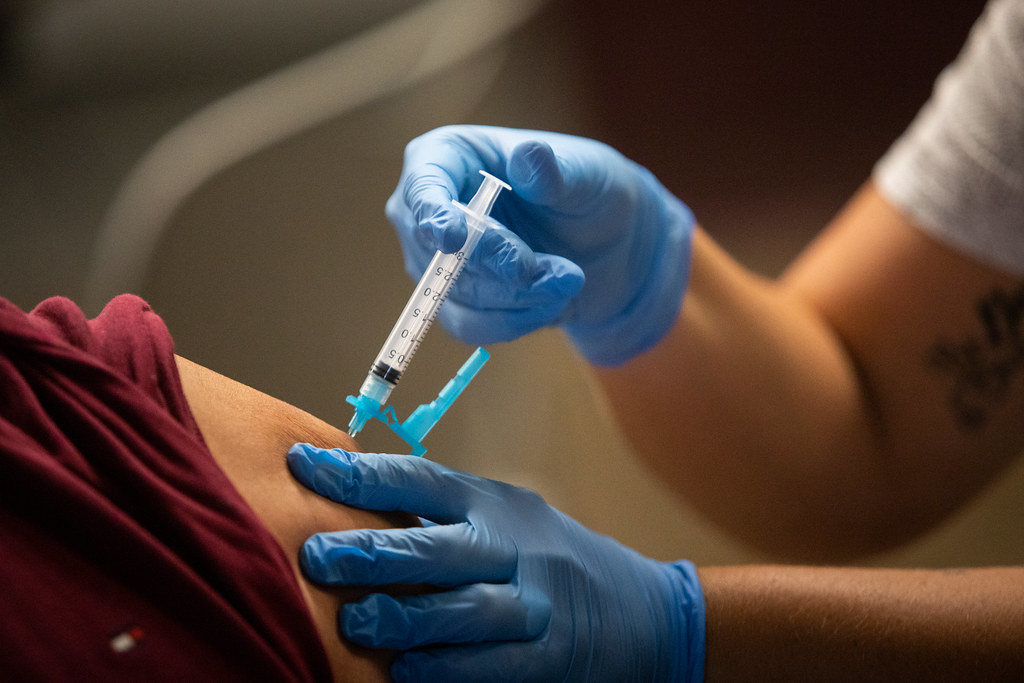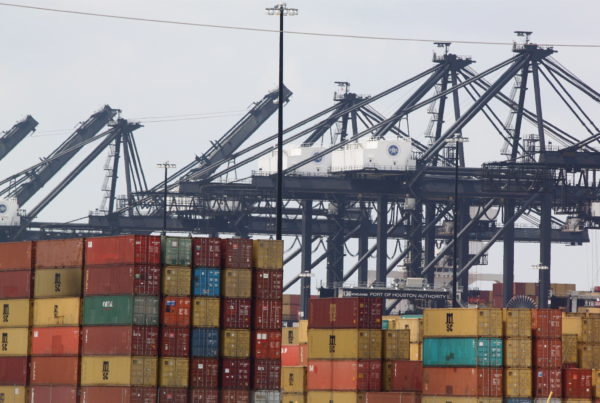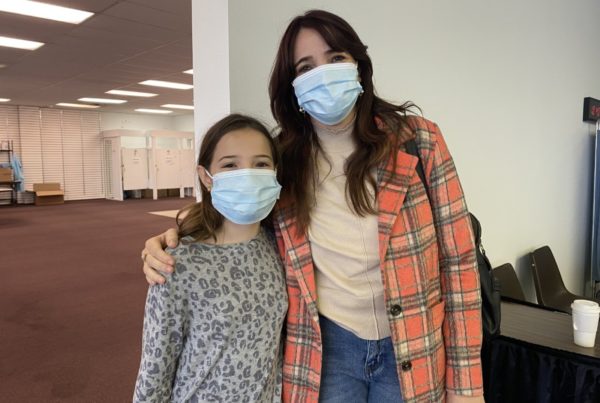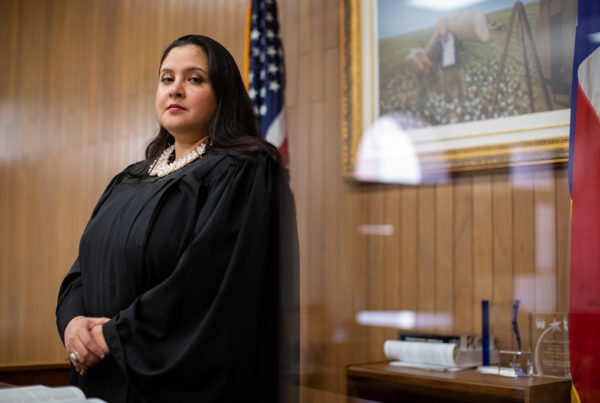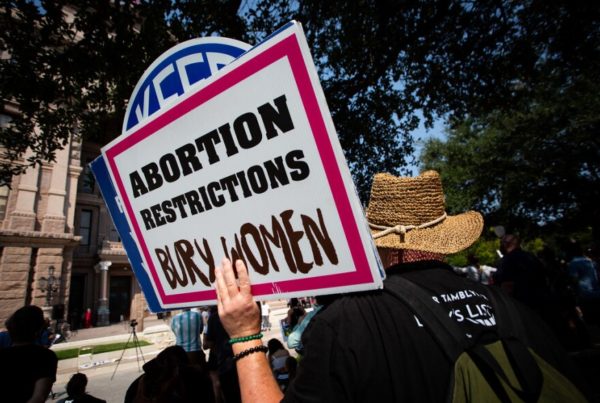On Thursday, the Biden administration announced new rules requiring businesses with more than 100 employees to have workers either vaccinated or participate in regular COVID-19 testing by Jan. 4, 2022.
It’s an expansion of a previous rule from the administration that required all companies with federal contracts mandate employee vaccination. But it’s also in contrast to Texas Gov. Greg Abbott’s statewide mandate prohibiting businesses from forcing workers to be vaccinated.
Dietrich von Biedenfeld, an assistant professor of business law at the University of Houston-Downtown, joined the Texas Standard to discuss what the new rules could mean for Texas businesses and employees, and whether state or federal law will take precedence. Listen to the interview above or read the transcript below.
This transcript has been edited lightly for clarity:
Texas Standard: What does President Biden’s order call for exactly?
Dietrich von Biedenfeld: The primary mandate that is being promulgated through this emergency temporary standard, which, of course, OSHA [Occupational Safety and Health Administration] has the authority to demonstrate and they’ve been directed by the president to promote this. It’s not exactly out of the White House; it’s through OSHA. It calls for any private sector employers with more than 100 employees to mandate vaccines for employees or implement standards for weekly testing.
Does the federal government have the authority to override Gov. Abbott’s executive order?
Absolutely. In the legal world, we think about authority, enforceability and then exceptions. And not only does OSHA have the authority, since the 1970s, to overrule state mandates, but this is [also] something that is tied to funds. So businesses have an incentive to adhere if they would like to receive federal contracts.
What are businesses thinking as we approach this looming deadline? What kind of challenges does it pose for these companies?
The sort of challenges run the spectrum. For example, in the airline industry, we saw Southwest Airlines experiencing many challenges. It’s a Texas-based company, and the politicization of the virus and the related exceptions and mandates – religious exceptions or medical exceptions and so forth – have created conflict in those employment circles.
Then, on the other end of the spectrum, you have the mainstream companies saying this is a way for us to protect our workers and our customers, and so we’re OK with it.
Then, sort of in the middle, you have companies such as Delta Airlines, where they’re not mandating, but they have over 90% vaccination rates reported among their employees. So the responses by these corporate executives and leaders runs the gamut of, we’re not going to do this or we’re going to oppose it to, let’s just get in line and do this.
And the economic impacts, of course, with that uncertainty, are tremendous. Any time businesses lack certainty or that regulatory authority, it creates challenges. On a positive note, this sort of ETS [emergency temporary standard] provides a legal shield or cover for entities that wished to implement vaccination mandates or enforce some sort of protections for workers with regard to weekly testing or face coverings. On the other end of the spectrum, there are employers who have workforces that are of a demographic that’s opposed. So this creates challenges when we’ve already seen historic quit rates through 2021. When you’re looking at 3.8 million workers leaving their jobs, employers are very hesitant to run afoul of the workforce sentiment.
So could these businesses legally challenge that if a large number of their employees oppose it?
Yes. And, of course, state governments are already challenging this. Texas loves to sue presidential administrations. This is something that Gov. Abbott did when he was then-attorney general, and now Attorney General Ken Paxton is carrying on the tradition. So recently, he launched a suit.
Conversely, the Biden administration has the authority to sue the states for not implementing their federal mandates. And again, the federal government does have the authority, [but] the enforceability becomes a little bit challenging because of that third factor I mentioned: the exceptions, those medical or religious exemptions.
At the end of the day, a lot of this is going to come down to money. So if you are dependent or reliant on federal contracts for your profitability, which that’s the Southwest Airlines’ major purchaser of tickets and major contributor to their business revenue, then you have a vested interest in adhering to these policies so that you can retain those contracts.
As long as any of these legal battles continue, it creates uncertainty in the marketplace, and while employers do have a positive defense with this federal cover, it doesn’t completely preclude any sort of lawsuits. And those states and employers are going to be suing in Washington to either overturn or reduce the authority of this mandate.


